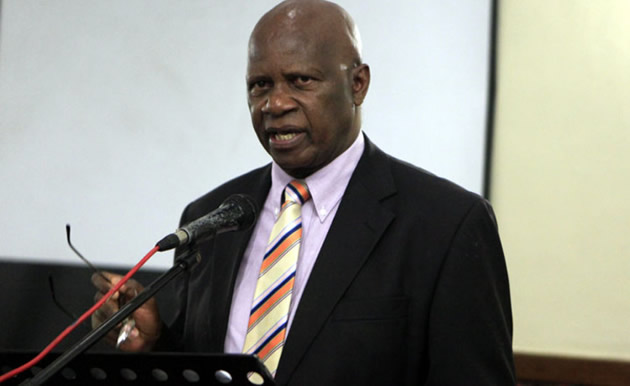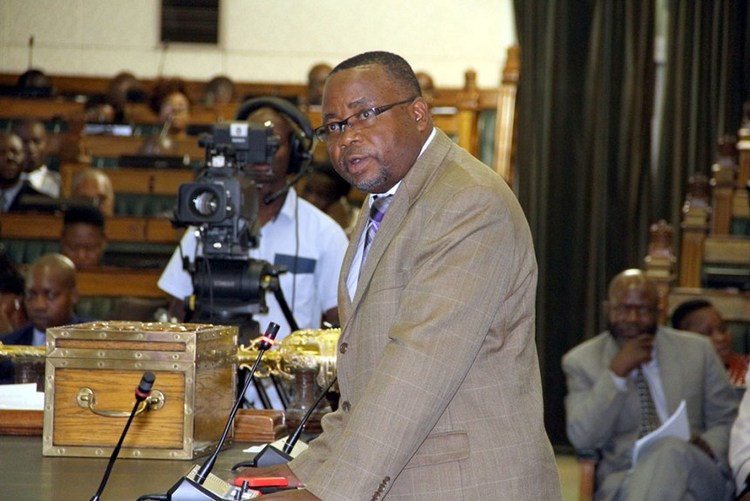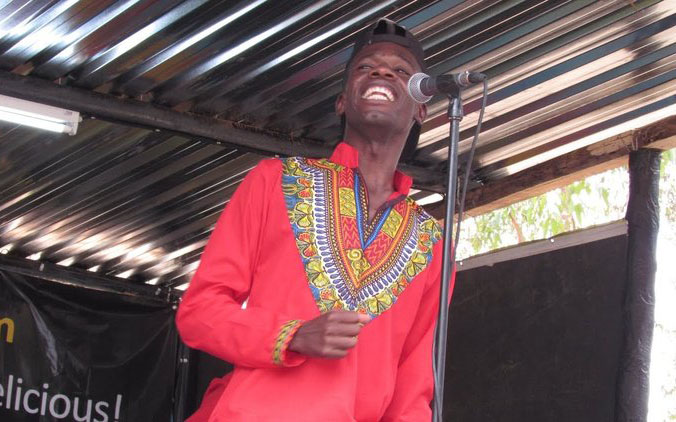Two infrastructure bonds on cards

Finance and Economic Development Minister Patrick Chinamasa says Government will craft two infrastructure bonds namely the Higher Education Infrastructure Bond (whose mandate has already been given to CBZ Holdings) and the Road Rehabilitation Bond.
This he said was in line with Government’s thrust to improve the state of infrastructure particularly on universities hostel construction and the rehabilitation of mostly potholed urban roads.
“At least the hostel will be able to generate own revenue through rentals and it is within that scope that we are crafting a Higher Education Infrastructure Bond which we will engage institutions such as Old Mutual to play a leading role on subscription,” he said.
Minister Chinamasa was speaking during an Old Mutual farewell cocktail party last week for its Emerging Markets CEO Ralph Mupita who joined South Africa’s mobile giant MTN.
Minister Chinamasa said the current state of urban roads is unbearable hence it is Government’s responsibility to ensure rehabilitation exercises are conducted.
He said Old Mutual has always been a key player in supporting Government funding initiatives through subscribing to Treasury Bills, Agricultural and Marketing Authority (AMA) Bills and IDBZ bonds among others.
He said the recent project funded by Old Mutual was the delivery of 2 800 low cost housing units in Budiriro while the Group invested $5,1 million in a 1,6MW mini-hydro power project in Chipinge that is now supplying electricity to the national grid.
The group also has various funding initiatives for the SMEs sector development and Minister Chinamasa said the group should extend its coverage to other cities and towns.
Meanwhile, Minister Chinamasa said Government is currently capacitating the Zimbabwe Revenue Authority (ZIMRA) officials to be able to understand and analyse financial statements of multinationals who have been largely pinned as escape routes for capital from the country and the rest of Africa.
He said so far, four key areas have been identified as possible ways the global companies are illegally taking out cash from developing countries.
These include management fees which at times are 10 percent of gross revenue, royalties, fees for brand usage and interest rates.
“We need to be fair on each other, thus we will be engaging the multinationals going forward,” he said.
Meanwhile, OMZL CEO Jonas Mushosho said under Mr Mupita’s supervision OMEM achieved several feats in Zimbabwe including negotiating the economic empowerment deal with Government and the launch of different funding initiatives such as the $40 million DIMAF facility.
He said he also spearheaded expansion in 13 countries in Africa which were under his purview while the group is also looking at expanding to Latin America, India and China. — Wires.










Comments